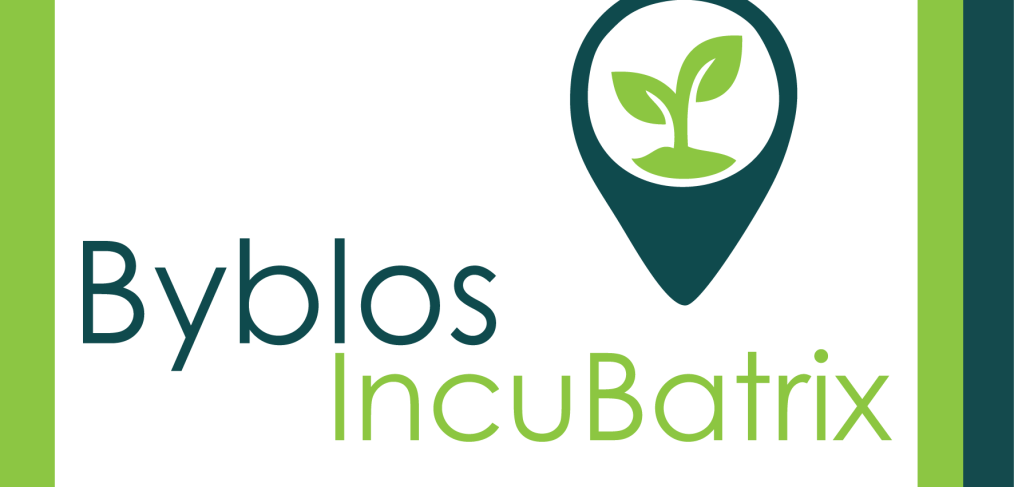
Byblos IncuBatrix
–Year: May 2016
–Function: Agro Touristic Vertical Farming Arboretum Complex
–Site location: Byblos, Lebanon
–Institution: Lebanese American University – School of Architecture & Design – Department of Architecture & Interior Design
–Brief description of the project:
Urbanization in Byblos is quickly outstretching the nature’s carrying capacity in urban centres. The city of Jbeil is a clear example of rapid and exponential growth that defies sustainability criteria. Rural to urban migration has become a core fact in the caza of Byblos, Mount Lebanon, Lebanon.
Many facts along with various political and social issues have led to the failure of agriculture to keep pace with the increasing of population and this resulted in the insufficient of the food supply. Food security and the high food import bull are now a national concern. A potential solution regarding this issue is to farm vertically. This involves the construction of urban food production centres – vertical farms – in which our food would be continually grown inside the buildings within the built environment. What is proposed here is to scale up the concept of indoor farming – greenhouses – in which a wide variety of produce is harvested in quality enough to sustain even the largest cities without relying on resources beyond city limits. Vertical farming explores new farming technologies as hydroponics. The Byblos IncuBatrix shall serve as an experiment project of a future sustainable agro tourism in Byblos along with great commercial, research space, and arboretum
landscaping.
My project aims to visualize the future of Agro tourism in Byblos and to redefine the active typology for vegetation in the city. I am proposing urban farming, and arboretum as an alternative for the city’s typological collision between greenhouses and residential buildings. In which economic growth and dependency on self-sustainability is maintained through setting the foundation of a compound for vegetation, crops, homemade products, research, agriculture technology, and recreation.
Sustainable architecture will be present through the compound’s building material, circulation, and environmental technologies of water, sun, and vegetation growth.
The project aims to cover a market zone, training/educational zone, research zone, recreational zone. 














 The program includes, vertical farming facades, markets, restaurants, offices, conference rooms, research centre, laboratories, public auditorium, and garden arboretums on many levels.
The program includes, vertical farming facades, markets, restaurants, offices, conference rooms, research centre, laboratories, public auditorium, and garden arboretums on many levels.
The project rests on a cliff of 20 meters above the sea shore of the hometown of ancient civilizations and world heritage resilient city of Byblos, Lebanon.
–Nationality: Lebanon
–City and date of birth: Beirut, Lebanon
–Tutors: Dr. Antoine Lahoud, Mr. Mike Kamel, Mr. Zaher Abi Ghosn
Author: Mazen Camille Chahabeddine




